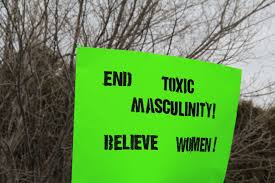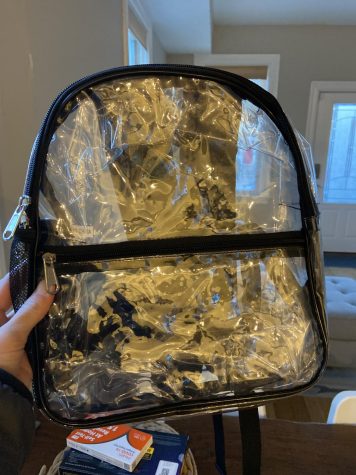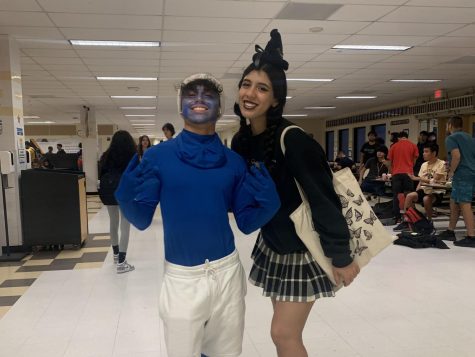Commercial tackles toxic masculinity debate, opens cultural dialogue

At the 2018 Women’s March in Montana, a sign advocates against toxic masculinity.
The phrase “Is this the best that a man can get?” took on a whole new meaning in 2019 when Gillette, a men’s razor company, released a controversial commercial three weeks before the Super Bowl. The commercial conveys topics such as bullying and sexual harassment, challenging the men of our generation to rise above these toxic stereotypes.
While the commercial has gathered a tremendous amount of attention, spurning thousands of tweets and think pieces, it has also been met with harsh criticism. While some view it as a step in the right direction, others completely disagree with the message.
Gillette released the commercial to address the social issues of our nation, and some viewed it as attacking men’s masculinity while others viewed it as a positive social movement.
Pankaj Bhalla, Gillette’s North America brand director, said in an interview with CNN, “The ad is not about toxic masculinity. It is about men taking more action every day to set the best example for the next generation–this was intended to simply say that the enemy for all of us is inaction.”
Many perceived the advertisement differently than Gillette’s initial intention.
Out of a classroom of 29 students, 25 students enjoyed the commercial’s message, while four students did not like it but declined to comment.
After viewing the commercial, junior Kyle Maynard said it was “attacking men [and] overplay[ing] a lot of social stereotypes about toxic masculinity; they went to an extreme to get attention.”
The commercial serves serves as a turning point for a brand that targets men to open a critical discussion about their own clientele. It displays scenes that play out everyday scenes such as two boys fighting to get what they want, tackling the notion that “boys will be boys.”
Towards the end of the commercial, a father corrects his sons by telling him “we don’t act this way.” So why exactly is this commercial so controversial? The standard has changed over time regarding what is appropriate. Various movements, such as “Me Too,” that helps people who have been raped or sexually assaulted/harassed tell their story and get help, have brought to light the standards and expectations that men must follow.
Those who opposed the commercial saw the razor company to be promoting liberal ideas and exploiting the fact that men are flawed. This comes from the combative nature of Americans. We see one thing wrong and blatantly disregard everything else that may have been right in the commercial, such as Gillette addressing cyberbullying and catcalling in the beginning of the commercial.
While some actively disliked the commercial, others are confused as to why a razor commercial is commenting on these issues.
“It has nothing to do with razors but I like the commercial,” sophomore Emilia Carpio said.
Others absolutely love the commercial and the positive message behind it.
“The commercial was good. It shows how the power of one man can change someone else’s life,” senior Gabriel Ortiz said.
Others even thought it was necessary for our country.
“I felt the new Gillette commercial was very progressive and extremely necessary for society,” junior Sean Harkins said.
English teacher April Johnston urged a more unifying approach.
“Young men and women always need to try to be better as a society. We shouldn’t necessarily single out a gender; instead genders should work together to support each other to be better,” Johnston said.
While all of the controversy surrounding this commercial has people talking, it is not directly stopping the real problems in this country: rape culture and toxic masculinity do exist and must be tackled head on through continued dialogue. Even if change is not immediate, the commercial sheds light on topics that plague not only men, but society as a whole.









Joanna Rothstein • Feb 23, 2019 at 8:17 pm
Timely topic. Well done!